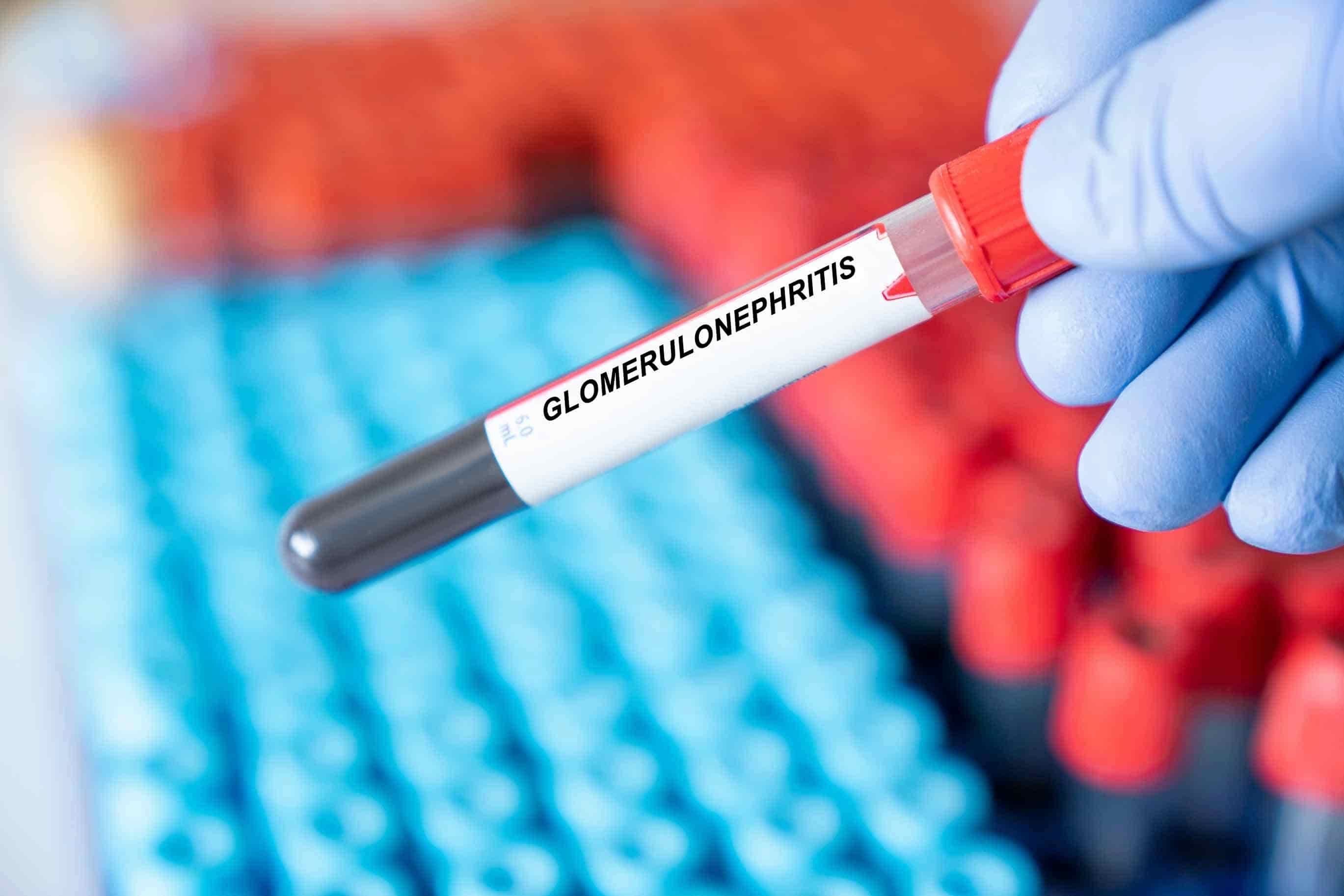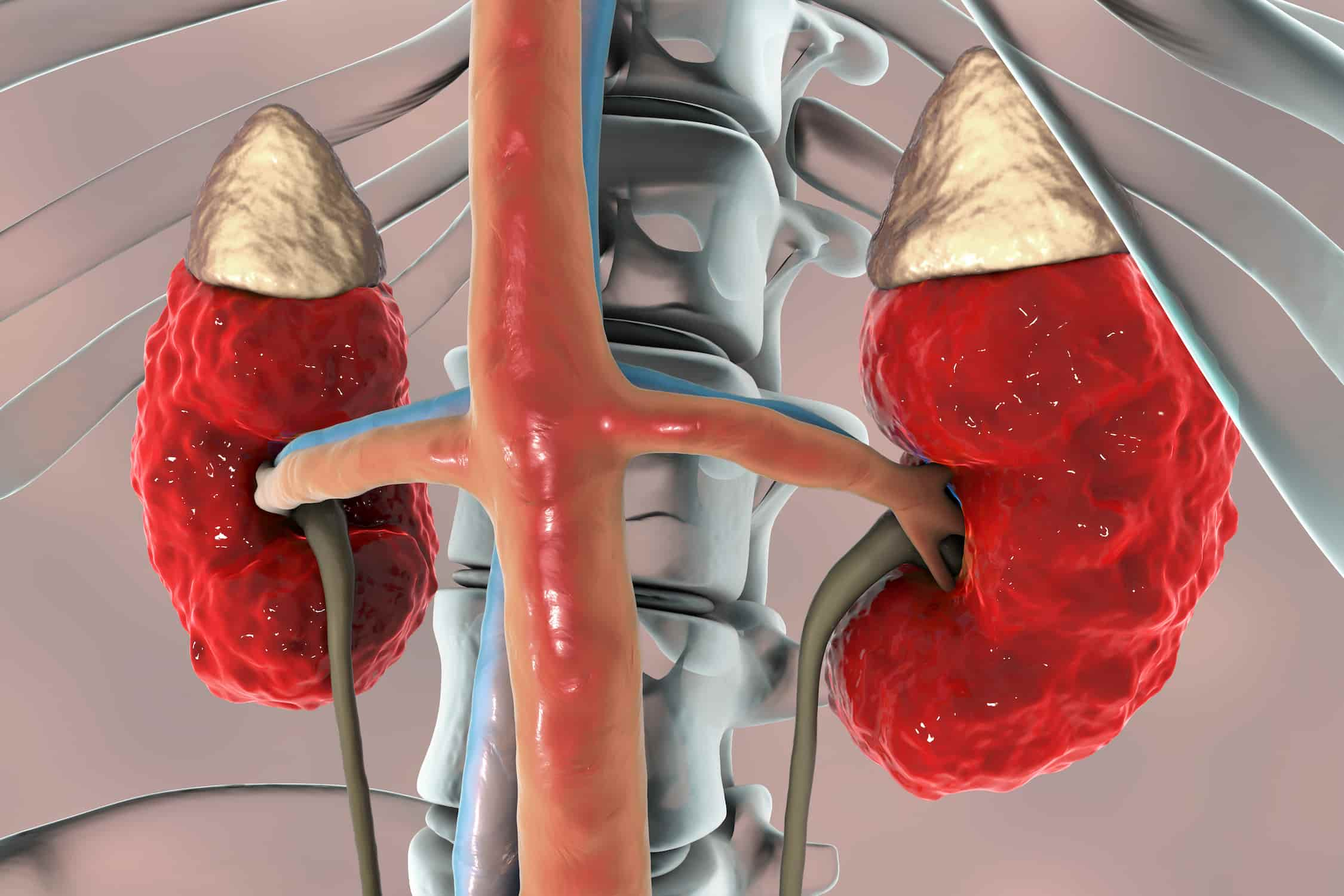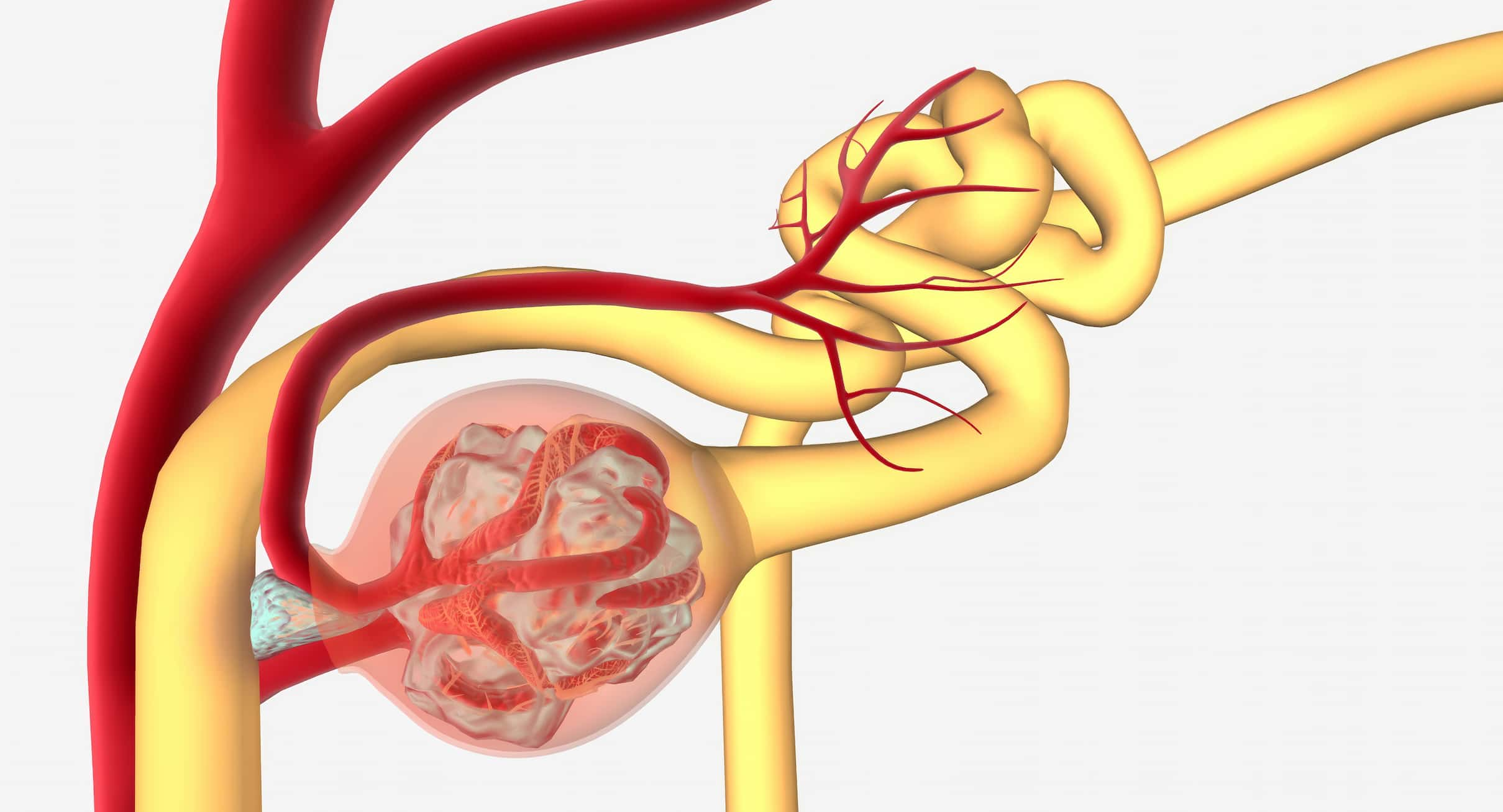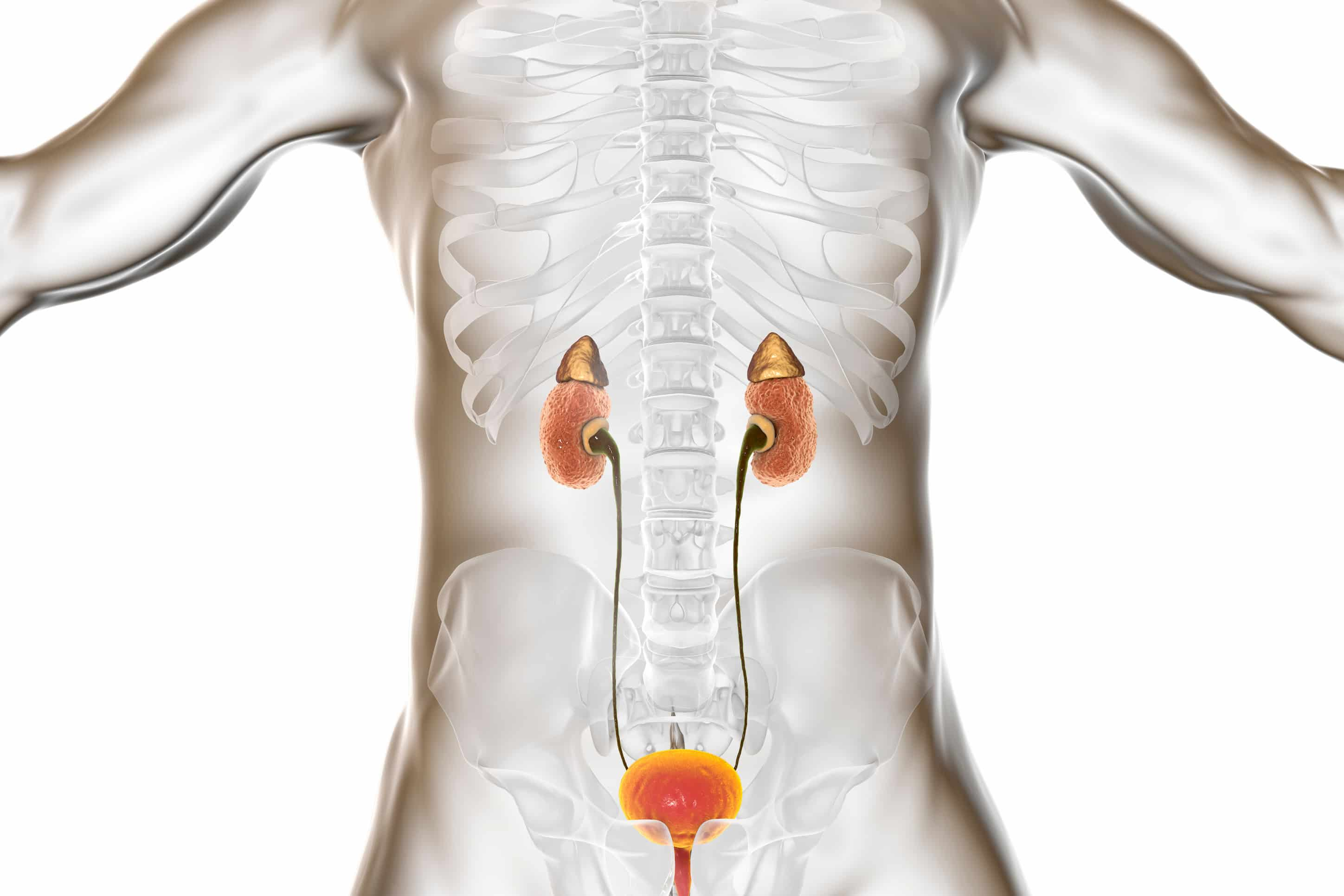Glomerulonephritis Treatment in Turkey
Healthy Türkiye helps you find the best glomerulonephritis treatment in Turkey at affordable prices and adopts a 360-degree service approach in all areas of health through affiliated hospitals.
- Medical Treatment
- Bladder Cancer Treatment in Turkey
- Enlarged Prostate Treatment in Turkey
- Kidney Stones Removal in Turkey
- Urology Treatment in Turkey
- Erectile Dysfunction Treatment in Turkey
- Laparoscopic Prostate Surgery in Turkey
- Prostatectomy Treatment in Turkey
- Vasectomy in Turkey
- Penis Enlargement in Turkey
- TURP Surgery in Turkey
- Glomerulonephritis Treatment in Turkey
- Urinary Retention Treatment in Turkey
- Hydrocele Treatment in Turkey
- Laser Lithotripsy in Turkey
- Percutaneous Nephrolithotomy in Turkey
- Peyronie’s Disease Treatment in Turkey
- Renal Artery Stenosis Treatment in Turkey
- Urinary Incontinence Treatment in Turkey
- Vasectomy Reversal Treatment in Turkey
- Homepage
- Medical Treatment
- Glomerulonephritis Treatment in Turkey

About Glomerulonephritis Treatment in Turkey
Glomerulonephritis treatment in Turkey depends on the cause of your condition and your symptoms. In mild cases, treatment isn’t always necessary. If treatment is needed, it’s often carried out by a kidney specialist. In Turkey, glomerulonephritis is the name given to a range of conditions that may affect the glomeruli of the kidney.
The kidney consists of small units, nephrons, which produce urine and the glomeruli are clusters of blood vessels within each nephron. ‘Glomerulo’ refers to the glomeruli and ‘nephritis’ means inflammation of the kidney, but, there is not always inflammation present in some types of glomerulonephritis.
Glomerulonephritis is damage to the glomeruli. This damage interferes with the function of the glomeruli and it may interfere with the function of the kidneys as a whole. Salt and excess fluid can build up in the body if the kidneys are not working normally and this can lead to complications such as high blood pressure, also, in some cases, kidney failure can occur.
Glomerulonephritis can vary in severity. It can be acute in that it can come on suddenly and last for a short period, requiring minimal treatment. Or it can be chronic that is, it can last for a longer time and it can lead to irreversible damage to the glomeruli and kidneys, interfering with kidney function and leading to chronic kidney disease.

Glomerulonephritis Treatment Procedure in Turkey
In Turkey, glomerulonephritis treatment depends on what caused the glomerulonephritis and the damage done to the kidney filters. Different patients have different outcomes with glomerulonephritis. Some cases go away without any treatment and some patients find that treatment improves or maintains kidney function.
Glomerulonephritis is a disease with the bundles of blood vessels in the kidney, known as glomeruli. The kidney is a highly specialized organ with a number of roles. The most obvious of these roles is to clear the blood of toxins produced during daily life. Each kidney contains up to 750,000 tiny filters. Glomerulonephritis means inflammation of the bundles of blood vessels in the kidney. The inflammation often occurs as a result of an overactive or misdirected immune system.
In Turkey, glomerulonephritis term is not used for just one disease, you should think of it more as a collective term for many distinct diseases. The problem for both patients and specialists is that most of these diseases are extremely rare, which can make reaching a diagnosis difficult.
Causes of Glomerulonephritis
Many factors can cause glomerulonephritis. Sometimes this disease runs in families and sometimes the cause is unknown. There are certain factors that can lead to inflammation of the glomeruli.
Infections
Infectious diseases may directly or indirectly lead to glomerulonephritis.
Post-streptococcal glomerulonephritis: Glomerulonephritis may develop a week or two after recovery from a strep throat infection or, rarely, a skin infection caused by streptococcal bacteria. Inflammation develops when antibodies to the bacteria build up in the glomeruli. Children are more likely to occur post-streptococcal glomerulonephritis than adults, and they’re also more likely to recover quickly.
Bacterial endocarditis: This is an infection of the inner lining of your heart’s chambers and valves. It isn’t clear whether the inflammation in the kidneys is the result of immune system activity alone or other conditions.
Viral kidney infections: Viral infections of the kidney, such as hepatitis B and C, cause inflammation of the glomeruli and other kidney tissues.
HIV: HIV, the virus that causes AIDS, can lead to glomerulonephritis and progressive kidney damage, even before the onset of AIDS.
Autoimmune diseases
These are diseases caused by the immune system attacking healthy tissues. Autoimmune diseases that may cause glomerulonephritis include:
Lupus. A chronic inflammatory disease, systemic lupus can affect many parts of your body, including your skin, joints, kidneys, blood cells, heart, and lungs.
Goodpasture’s syndrome: In this rare disorder, also known as anti-GBM disease, the immune system produces antibodies to tissues in the lungs and kidneys. It may cause progressive and permanent damage to the kidneys.
IgA nephropathy: Immunoglobulin A (IgA) is an antibody that’s the first line of defense against infectious agents. IgA nephropathy occurs when deposits of the antibody accumulate in the glomeruli and the inflammation and subsequent damage may go undetected for a long time. The most common symptom of IgA is blood in the urine.
Vasculitis
This is inflammation of blood vessels. Types of vasculitis that can cause glomerulonephritis to include:
Polyarteritis. This type of vasculitis affects medium and small blood vessels in many parts of your body, including the kidneys, skin, muscles, joints, and digestive tract.
Granulomatosis with polyangiitis. This type of vasculitis, formerly known as Wegener’s granulomatosis, affects small and medium blood vessels in your lungs, upper airways, and kidneys.
Sclerotic conditions
Some cases cause scarring of the glomeruli that results in poor and declining kidney function. These cases include:
High blood pressure. Long-term, poorly managed high blood pressure can cause scarring and inflammation of the glomeruli and glomerulonephritis inhibits the kidney’s role in regulating blood pressure.
Diabetic kidney disease: High blood sugar levels contribute to scarring of the glomeruli and increase the rate of blood flow through the nephrons.
Focal segmental glomerulosclerosis: In this case, scarring is scattered among some of the glomeruli. This can be the result of another disease, or it may occur for no known reason.
Glomerulonephritis Symptoms
Mostly, glomerulonephritis does not cause any symptoms and it may be diagnosed after blood or urine tests are carried out for some other reason. However, in other people, glomerulonephritis can cause symptoms that you may notice. These symptoms may develop slowly, or more quickly in acute glomerulonephritis. Glomerulonephritis usually leads to two main clinical syndromes (sets of symptoms and signs that occur together), these are nephrotic syndrome and nephritic syndrome.
Nephrotic Syndrome of Glomerulonephritis
Nephrotic syndrome is the kidneys leak a lot of protein because of damage to the glomeruli. This leads to proteinuria which is the excess of protein in the urine. Excess protein in the urine can only be detected when the urine is tested using a urine testing strip dipped into the urine or by measuring the exact amount of protein in the urine in the lab. Also, urine can sometimes appear frothy when you go to the toilet if there is excess protein.
As protein is lost in the urine, this leads to low levels of protein in the blood, and protein and other chemicals in the blood exert an osmotic pressure which tends to pull fluid into the blood vessels. If the concentration of protein in the blood reduces, the osmotic pressure reduces, and fluid leaks out from the blood vessels into the tissues. This causes fluid retention (edema) which is the main symptom of nephrotic syndrome.
When fluid leaks out of blood vessels into the body tissues, this causes swelling of the affected tissues. The face, especially around the eyes, generally becomes puffy first. Then ankles can also become puffy and swollen and as edema becomes worse, the calves, then the thighs, may become swollen. In severe cases, fluid (ascites) can accumulate in the abdominal cavity or in the chest between the lungs and the chest wall (pleural effusion). Ascites can cause abdominal pain and discomfort due to bloating. Pleural effusions can cause chest pain and breathlessness.
Nephritic Syndrome of Glomerulonephritis
Symptoms of the nephritic syndrome can include:
Blood in the urine: Damage to the glomeruli can cause blood to pass into the urine and the blood may be obvious to the naked eye. However, in some cases, there may only be very small amounts of blood present that can only be detected when the urine is examined under a microscope, or when a urine testing strip is dipped into the urine to detect blood.
Protein in the urine: damage to the glomeruli can also cause the protein to leak into the urine and high levels of protein in the urine can make it frothy. However, mostly, protein in the urine is only detected when the urine is tested using a urine testing strip dipped into the urine. There will, however, be less protein than in nephrotic syndrome.
Diagnosis for Glomerulonephritis Treatment in Turkey
As the symptoms of glomerulonephritis are not always obvious, it is often can be diagnosed after a routine medical check-up or tests for another condition. Mostly, blood and urine tests offer a good indication of kidney problems.
Blood test: A blood test can measure creatinine levels. Creatinine is a substance produced by your muscles and is present in your bloodstream and the kidneys usually remove creatinine from the blood. If your kidneys are not working normally, the creatinine level in your blood will rise. The creatinine result is converted into a value called the ‘estimated glomerular filtration rate (eGFR) to determine kidney function.
Urine test: Your urine may be tested in different ways. Your healthcare professional can dip special strips into a sample of your urine. This is called the dipstick technique, and the strip changes color if there is any blood or protein in your urine. A sample of your urine is sent to a lab to more accurately measure how much protein it contains or to look for blood cells. The results of blood and urine tests can be combined to decide whether you need to see a specialist for further investigations.
Specialist blood tests: Several specialist blood tests can be carried out to look for causes of glomerulonephritis. These include tests to look for systemic lupus erythematosus, such as an anti-nuclear antibody test, the anti-neutrophil cytoplasmic antibody (ANCA) blood test, used to diagnose vasculitis, tests to look for specific infections such as hepatitis B or hepatitis C, and the anti-glomerular basement membrane blood test used to diagnose Goodpasture’s disease.
Kidney ultrasound: If your kidney problem needs to be investigated further, you might need to have an ultrasound scan of your kidney. An ultrasound scan uses high-frequency sound waves to create a picture of your kidneys which will be looked at by specialists. The specialists will be able to check the size of your kidneys, make sure there are no blockages, and look for anything else that might explain why they are not working as they should. Also, if you need a kidney biopsy, you will need a kidney ultrasound scan first.
Kidney biopsy: If glomerulonephritis is suspected, a procedure to remove a small sample of kidney tissue may be recommended, this is called a kidney biopsy. A kidney biopsy is usually carried out using a local anesthetic to numb the area. An ultrasound machine will be used to locate your kidneys and a tiny needle will be used to take a sample. The test carries a small risk of bleeding so you will need to remain in the hospital for a while on the day of the procedure, or sometimes overnight. The tissue sample will then be examined under a microscope in a lab to confirm a diagnosis of glomerulonephritis, find out how serious the condition is, and determine the most appropriate course of treatment.

We Care About Your Health
Healthy Türkiye provides the best for your health and comfort. You will feel privileged with us.
7/24 Quality Personal Assistance Throughout Your Journey
Customizable for You All-Inclusive Packages
Get the Right Advice for your Health
Types of Glomerulonephritis Treatment in Turkey
Glomerulonephritis treatment largely depends on the cause of your condition and the symptoms you have. In mild cases, treatment is not always necessary, however, if treatment is needed it will usually be carried out by a kidney specialist that is nephrologist or renal medicine consultant. There is no specific treatment for the chronic form of the illness. But some factors will affect your recovery.
Dietary Changes: Your doctor will give you relevant advice about diet. You should reduce your intake of food that contains a high amount of salt. Also, you should reduce your intake of food or drinks that contain a high amount of potassium and reduce your intake of fluid.
These measures may help control your blood pressure and ensure the amount of fluid in your body is regulated. The doctors may also advise about protein in your diet and eating a diet low in saturated fats to help lower your cholesterol. You should be regularly reviewed to ensure your blood contains the right levels of potassium, sodium chloride, and other salts.
Stopping smoking: Smoking can make kidney disease caused by glomerulonephritis worse quickly. Besides, it increases the risk of complications such as heart disease and stroke which are already more common in people with glomerulonephritis. Thus, if you have glomerulonephritis and you smoke, stopping smoking can offer important health benefits.
Immunosuppressants: Severe cases of glomerulonephritis caused by problems with the immune system are sometimes treated with types of medicine known as immunosuppressants, these medicines reduce the activity of your immune system. Suppressing your immune system can be an effective way of treating glomerulonephritis, but it also increases your risk of infections and may cause other side effects. Because of this, treatment with immunosuppressant medicines will be adjusted to the level needed to treat your condition and will be carefully monitored.
Corticosteroids: Corticosteroids are a medicine containing steroids, a type of hormone. Hormones are chemicals that have a wide range of effects on the body. Corticosteroids are usually used to reduce inflammation and suppress your immune system. Prednisolone is a common corticosteroid you may be prescribed. Once your kidneys have started to recover, your dose of corticosteroid medicine will usually be lowered, however, you may continue to take a small dose, or this treatment may be stopped altogether.
Cyclophosphamide: Cyclophosphamide is used in very high doses to treat some cancers, but it is also an established treatment option, in much lower doses, for glomerulonephritis.
Other immunosuppressants: Other medicines to help control your immune system may include mycophenolate mofetil, azathioprine, rituximab, cyclosporin, and tacrolimus.
Other medicines: If your condition is thought to be linked to a viral infection, it may be treated with antiviral medication and sometimes, individual symptoms can be treated. For instance, swelling caused by a build-up of fluid may be treated with a type of medication called a diuretic.
Treating high blood pressure: Glomerulonephritis usually leads to high blood pressure, which can cause further kidney damage and other health problems. Your blood pressure will be carefully monitored by the healthcare professionals treating you, and you can need to take medicines, such as angiotensin-converting enzyme (ACE) inhibitors or angiotensin receptor blockers (ARB). These lower blood pressure and help reduce the amount of protein that leaks into your urine. Generally, people who have high blood pressure and kidney disease need to take several medicines to control their blood pressure. As these medications can help protect the kidneys, it is common to be prescribed these medications even if your blood pressure is not high.
Treating high cholesterol: High cholesterol levels are common in patients with glomerulonephritis. The doctor may recommend treatment with medication to reduce cholesterol and help protect you against complications such as heart and vascular disease. Statins are the most frequently used drug.
Plasma exchange: Plasma is a clear, yellowish fluid that is part of the blood and contains proteins, such as antibodies that can cause the kidneys to become inflamed. Plasma exchange is a procedure that involves removing some of the plasma from the blood. In plasma exchange, you are connected to a machine that gradually removes some of your blood. The plasma is separated from the blood cells and removed and a plasma substitute is added to the blood before it is returned to your body. Plasma exchange can be used in certain circumstances, usually, if you have a type of glomerulonephritis called ANCA vasculitis. Studies suggest it may reduce the risk of end-stage kidney failure, where the kidneys have permanently failed.
Treating kidney failure: In severe cases that cannot be improved with other treatments, you can require: kidney dialysis: a treatment that takes over part of the kidney’s job and removes wastes from your body, and a kidney transplant: where a healthy kidney from a donor is surgically implanted to replace your own kidney.

2026 Cost of Glomerulonephritis Treatment in Turkey
All types of medical attention like glomerulonephritis treatment are very affordable in Turkey. Many factors are also included in determining the cost of glomerulonephritis treatment in Turkey. Your process with Healthy Türkiye will last from the time you decide to have a glomerulonephritis treatment in Turkey until the time you are fully recovered even if you are back home. The exact glomerulonephritis treatment procedure cost in Turkey depends on the type of operation involved.
The cost of glomerulonephritis treatment in Turkey does not demonstrate many variations in 2022. Compared to costs in developed countries like the United States or the UK, glomerulonephritis treatment costs in Turkey are relatively low. So, it’s no wonder patients from across the world visit Turkey for glomerulonephritis treatment procedures. However, the price is not the only factor affecting choices.
We suggest looking for hospitals that are safe and have glomerulonephritis treatment reviews on Google. When people decide to seek medical help for glomerulonephritis treatment, they will not only have had low-cost procedures in Turkey, but also the safest and best treatment.
At clinics or hospitals contracted with Healthy Türkiye, patients will receive the best glomerulonephritis treatment from specialist doctors in Turkey at affordable rates. Healthy Türkiye teams to provide medical attention to glomerulonephritis treatment procedures and high-quality treatment to patients at a minimum cost. When you contact Healthy Türkiye assistants, you can get free information about the cost of glomerulonephritis treatment in Turkey and what this cost covers.

Why Choose Turkey for Glomerulonephritis Treatment?
Turkey is a common choice among international patients seeking advanced glomerulonephritis treatment. Turkey’s health procedures are safe and effective operations with a high success rate like glomerulonephritis treatment. The increasing demand for high-quality glomerulonephritis treatment at affordable prices has made Turkey a popular medical travel destination. In Turkey, glomerulonephritis treatment is performed by highly experienced and trained doctors with the most advanced technology in the world. glomerulonephritis treatment is done in Istanbul, Ankara, Antalya, and other major cities. The reasons for choosing glomerulonephritis treatment in Turkey are as follows:
High-quality hospitals: Joint Commission International (JCI) accredited hospitals have dedicated glomerulonephritis treatment units that are specially designed for patients. International and national strict protocols provide effective and successful glomerulonephritis treatment for patients in Turkey.
Qualified experts: The expert teams include nurses and specialist doctors, together to carry out glomerulonephritis treatment according to the patient’s needs. All the included doctors are highly experienced in performing glomerulonephritis treatment.
Affordable price: The cost of glomerulonephritis treatment in Turkey is affordable compared to Europe, the USA, the UK, Singapore, Australia, etc.
The high success rate: Highly experienced specialists, the best available technology, and stringently followed safety guidelines for post-operative care of the patient, resulting in a high success rate for glomerulonephritis treatment in Turkey.
All-Inclusive Package for Glomerulonephritis Treatment in Turkey
Healthy Türkiye offers all-inclusive packages for glomerulonephritis treatment in Turkey at much lower prices. Extremely professional and experienced doctors and technicians carry out high-quality glomerulonephritis treatment. The cost of glomerulonephritis treatment in European countries can be quite expensive, especially in the UK. Healthy Türkiye provides cheap all-inclusive packages for a long and short stay of glomerulonephritis treatment in Turkey. Because of many factors, we can provide you with many opportunities for your glomerulonephritis treatment in Turkey.
The price of glomerulonephritis treatment differs from other countries due to medical fees, staff labor prices, exchange rates, and market competition. You can save much more in glomerulonephritis treatment compared to other countries in Turkey. When you purchase the glomerulonephritis treatment all-inclusive package with Healthy Türkiye our healthcare team will present hotels for you to choose from. In glomerulonephritis treatment travel, you will have the price of your stay included in the all-inclusive package cost.
In Turkey, when you purchase glomerulonephritis treatment all-inclusive packages through Healthy Türkiye, you will always receive VIP transfers. These are provided by Healthy Türkiye, which is contracted with highly qualified hospitals for glomerulonephritis treatment in Turkey. Healthy Türkiye teams will organize everything about glomerulonephritis treatment for you and have you picked up from the airport and safely brought to your accommodation.
Once settled in the hotel, you will be transferred to and from the clinic or hospital for glomerulonephritis treatment. After your glomerulonephritis treatment has been successfully completed, the transfer team will return you to the airport in time for your flight home. In Turkey, all packages of glomerulonephritis treatment can be arranged upon request, which relaxes the minds of our patients. You can reach out to Healthy Türkiye for everything you need to know about glomerulonephritis treatment in Turkey.
The Best Hospitals in Turkey for Glomerulonephritis Treatment
The best hospitals in Turkey for glomerulonephritis treatment are Healthy Türkiye, Memorial Hospital, Acıbadem International Hospital, and Medicalpark Hospital. These hospitals attract patients from all over the world seeking glomerulonephritis treatment due to their affordable prices and high success rates.
Best Doctors and Surgeons in Turkey for Glomerulonephritis Treatment
The best doctors and surgeons in Turkey for glomerulonephritis treatment are highly skilled professionals who offer specialized care and advanced procedures. With their expertise and state-of-the-art techniques, these specialists ensure that patients receive high-quality glomerulonephritis treatment and achieve optimal health results.

Frequently Asked Questions
There’s no specific way to treat glomerulonephritis. To help heal and prevent more damage to the kidneys, a doctor might recommend that someone: eat a healthy diet with less protein, potassium, phosphorus, and salt.
Glomerulonephritis is inflammation and damage to the filtering part of the kidneys. It may come on quickly or over a longer period of time. Toxins, metabolic wastes, and excess fluid are not properly filtered into the urine. Instead, they build up in the body causing swelling and fatigue.
Glomerulonephritis is usually caused by a problem with your immune system. Sometimes it’s part of a condition such as systemic lupus erythematosus (SLE) or vasculitis. In some cases, it can be caused by infections, such as HIV.
Glomerulonephritis refers to a range of inflammatory kidney conditions of the tiny blood vessels in the kidneys, known as glomeruli. It can be acute, which means it starts suddenly, or chronic, during which the onset is gradual, either type can be fatal.
IgA nephropathy (IgAN) is the most common form of glomerulonephritis, a principal cause of ESRD worldwide; it affects up to 1.4% of the population and its pathogenesis is unknown.
Medications used to treat glomerulonephritis include angiotensin-converting enzyme inhibitors (ACEIs), angiotensin II receptor blockers (ARBs), diuretics, calcium channel blockers, beta-adrenergic blockers, and alpha-adrenergic agonists.
Crescentic glomerulonephritis can result in kidney failure very quickly, but this can usually be stopped or even reversed by prompt treatment.
Processed cheese, high-sodium meats (jambon, bacon, hot dogs…) packaged foods, pickled vegetables (pickles, pickles, etc.) Salted chips, popcorn, nuts, salted bread, certain spices, and flavorings also contain salt.
An imaging scan, such as a CT scan or renal ultrasound, can show a blockage or inflammation of the kidneys or urinary tract but a renal biopsy is one of the best ways to diagnose acute nephritis.
